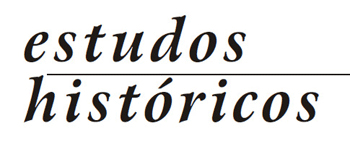ABSTRACT
The article defends the importance of the concept of Brazilian biomes, both for historical-environmental analysis and for the development of legislation and public policies aimed at conserving the natural world. In addition to discussing the general lines of the concept genealogy, it argues that it is especially useful for visualizing the territorial construction of the country as a whole, while presenting clear limits for a more detailed regional and micro-regional analysis. The synthetic representation of biomes facilitates a synoptic perception of Brazil’s ecological regions. This perception is in line with the adoption of a basic methodological premise of environmental history: the need to investigate the movement of human societies in the context of territories filled and colored by the diversity of living beings and geological dynamics that exist concretely in the different spaces of the planet. That is, to overcome the simplification presented by a cartography that is only political and centered exclusively on human action. Finally, the article analyzes some examples of the rich historiography that already exists on the history of biomes, drawing attention to the importance of getting to know the production that is emerging in the various regions of the country, both in academic spaces and in literature in general.
KEYWORDS:
Environmental history; Territoriality; Biomes; Forests; Savannahs
